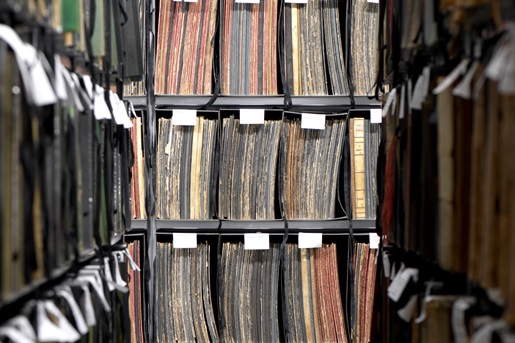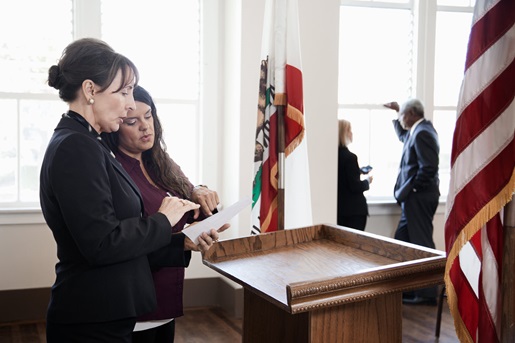If you're a county recorder in the state of California, you are undoubtedly aware that Governor Newsome signed AB 1466 on Sept. 29, 2021. Let's take a moment to discuss its impact on your organization and possible solutions to this new mandate.
Thankfully, these discriminatory practices are now outlawed. AB 1466 was passed to eliminate unlawful restrictive covenants from real estate documents and requires each county recorder to establish a Restrictive Covenant Modification Program (“RECOMP”) plan, to identify and redact unlawfully restrictive covenants from California real property records in their archives.
Which turns out is a very daunting prospect.
That's because county recorders are required to identify, retrieve, review, and redact unlawful restrictive covenant language from potentially tens of millions of documents.
Fortunately, many counties have automated the document recording practice and will be able to use digital technology to facilitate this task. However, many files are still in paper form. Santa Clara County, alone, estimates it will have to review approximately 24 million files.1
Under AB 1466, the State of California now mandates that state agencies remove or redact documents deemed to contain unlawful restrictive covenant language2 based on:
- Race
- Color
- Religion
- Sex
- Gender
- Gender identity
- Gender expression
- Sexual orientation
- Marital status
- National origin
- Ancestry
- Familial status
- Source of income
- Disability
- Veteran or military status
- Genetic information
Implementing Your County RECOMP Plan
What many counties, such as Santa Clara, are doing is to establish a dedicated task force:
- Locate documents with potential unlawful language
- Initiate the process for redaction
- Review the document to identify the unlawful language
- Prepare the document for redaction
- Present it to the County Counsel for review and approval of redaction, and
- Record the redacted restrictive covenant modification document.
Obviously, it will be expensive and time-consuming for staff to review thousands of paper documents, identify unlawful language and prepare documents for redaction.
The quickest, easiest way to digitize paper files is by running them through a scanner, which will then enable the file to be searched using optical character recognition (OCR) and text recognition software to identify any unlawful restrictive language.
Scanning documents and converting them into digital image files will have the added benefit of allowing offices to eliminate bulky paper storage boxes which will reduce storage costs and conserve office space.
Imagine the time and effort required to manually review 10,000 paper files for a list of key words, versus entering the phrase into a search engine which can rapidly review the text in 10,000 digital images and highlight any documents containing the offending language.
We're talking orders of magnitude in cost and time savings!
See our next blog, AB 1466: Implementing the County Redaction Process for how we can help you to actually accomplish this.
The information provided herein is for informational purposes only and is not intended to be construed, or relied upon, as legal advice. Please consult with an attorney regarding your specific legal situation.










